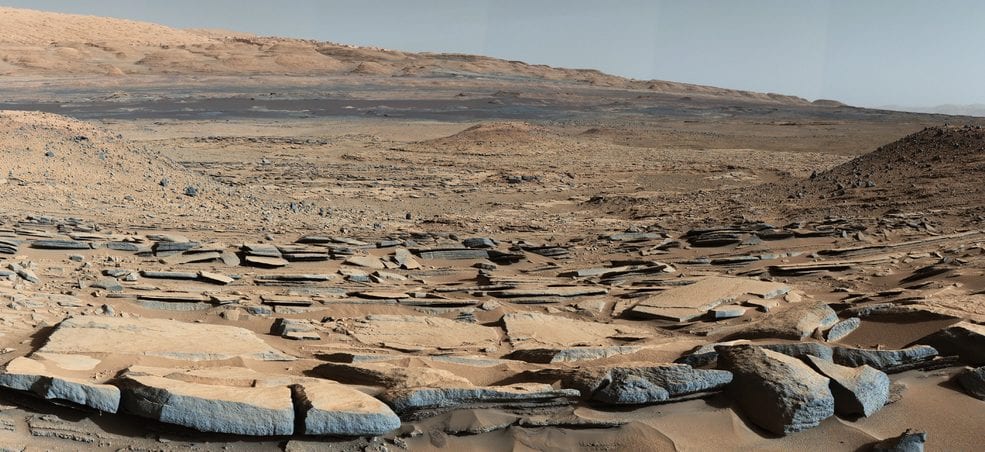Many have speculated for decades about what might prevent aliens from setting out to find us Earthlings, as we have tried to find them all these years. Arguments ranged from inferior technology to a simple lack of intelligent life in the universe apart from our own, and last but not least — sheer distance.
What about weight? I’m not referring to alien obesity, or even the mass of aliens. I’m referring to a planet’s gravity, which is what defines weight. A creature floating out in space has no weight. A creature on a large planet with a stronger gravitational field than Earth would weigh more than they do here on Earth.
This means that an extraterrestrial civilization living on a planet with a stronger gravitational field than Earth’s will have a harder time with any mode of transportation, according to a study, if they were to use the same technology as us. Imagine if a 3,500 pound Corvette weighed 30,000 pounds on another planet.
It wouldn’t be fast anymore, for one, and it would burn through all its fuel before you can blink, making even a 1950s car look like a Prius. A rocket in such a situation may not be able to launch into space at all. What this also translates to is that it is harder for us humans to visit those planets (some of which are dubbed ‘Superearths’) because the immense gravity on those planets could prevent us from returning home.
On the other hand, aliens on a smaller planet with a lesser gravitational field have the advantage of less weight, and may be able to do more than we could ever imagine. Their rockets could be significantly lighter than ours (until they are out in space, away from their own gravitational field), helping them to conserve fuel during their initial ascent into space.









